Buy Big Crystal Research Chemicals Methylone Ethylone
$450.00 – $2,200.00
Product Details:
| Place of Origin: | China |
|---|---|
| Brand Name: | FC |
| Certification: | GMP |
| Model Number: | 06 |
Payment & Shipping Terms:
| Minimum Order Quantity: | Negotiable |
|---|---|
| Price: | Negotiable |
| Packaging Details: | Aluminium foil bags; as your demand, safe delivery. |
| Delivery Time: | 3-5dags |
| Payment Terms: | , MoneyGram, T/T |
| Supply Ability: | 600KG |
Buy Big Crystal Research Chemicals Methylone Ethylone BK MDEA C12H17NO Medical Research
| Usage: | Research | Appearance: | Difference Colors Crystals With The Good Quality |
|---|---|---|---|
| Molecular Weight: | 191.000 | Shipping: | EUB DHL FEDEX And So On |
| Forms: | Crystals | Formula: | C12H17NO |
| High Light: | methylone bk mdma, ethylone crystal | ||
Legal Big Crystal Methylone Research Chemical Ethylone BK MDEA C12H17NO
| IUPAC-name | 2-methylamino-1-(3,4-methylenedioxyphenyl) propan-1-one |
| Other names | molly ; bk-mdma ; ethylone ; |
| CAS Number | 1112937-64-0 |
| Formula | C11H13NO3 |
| Purity | 99.5% |
| Appearance | Big and small Crystals |
| Colors | Brown ; white ; red ; pink ; blue; |
| Use | For medical research |
2. Historys
Methylone (also known as “3,4-methylenedioxy-N-methylcathinone”, “MDMC”, “βk-MDM” and by the slang term “M1”) is an empathogen and stimulant psychoactive drug. It is a member of the substituted amphetamine, substituted cathinone and substituted methylenedioxyphenethylamine classes.
Methylone is the substituted cathinone analog of MDMA and the 3,4-methylenedioxy analog of methcathinone. The only structural difference of methylone with respect to MDM is the substitution of 2 hydrogen atoms by 1 oxygen atom in the β position of the phenethylamine core, forming a ketone group.
Methylone was first synthesized by the chemists Peyton Jacob III and Alexander Shulgin in 1996 for potential use as an antidepressant. Starting around 2004, methylone has been sold forrecreational use, taking advantage of the absence of legal prohibition of this compound in many countries.
Methylone substitutes for bkMDM in rats trained to discriminate MDMA from saline. Methylone does not substitute for amphetamine or for the hallucinogenic DOM in animals trained to discriminate between these drugs and saline.
Further, also in common with bkMDM, methylone acts on monoaminergic systems. In vitro, methylone has one third the potency of MDM at inhibiting platelet serotonin accumulation and about the same in its inhibiting effects on the dopamine and noradrenaline transporters.
In spite of these behavioral and pharmacological similarities between methylone and MDMA, the observed subjective effects of both drugs are not completely identical. Alexander Shulgin wrote of the former.
Pharmacology
Methylone acts as a mixed reuptake inhibitor/releasing agent of serotonin, norepinephrine, and dopamine. These are the neurotransmitters in charge of pleasure, motivation and focus. This is done by inhibiting the reuptake and reabsorption of the neurotransmitters after they have performed their function of transmitting a neural impulse, essentially allowing them to accumulate and be reused, causing physically stimulating and euphoric effects.
In comparison to bkmdma, it has approximately 3x lower affinity for the serotonin transporter, while its affinity for the norepinephrine and dopamine transporters is similar. Notably, methylone’s affinity for the vesicular monoamine transporter 2 (VMAT2) is about 13x lower than that of MDMA.
The results of these differences in pharmacology relative to MDMA are that methylone is less potent in terms of dose, has more balanced catecholaminergic effects relative to serotonergic, and behaves more like a reuptake inhibitor like methylphenidate than a releaser like amphetamine; however, methylone still has relatively robust releasing capabilities.
| Grams | 25g, 50g, 100g, 500g, 1kg |
|---|
Reviews
There are no reviews yet.
Related products
Research Chemical
Research Chemical
Research Chemical
Research Chemical
Research Chemical
Research Chemical
Research Chemical
Research Chemical


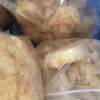
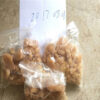
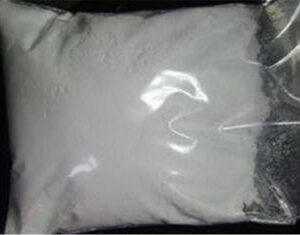
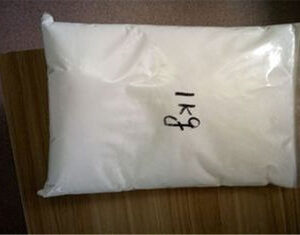
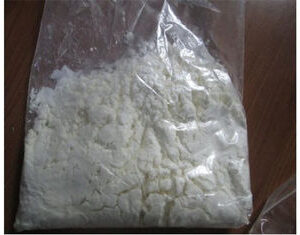
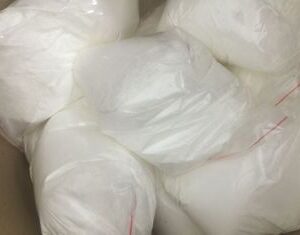
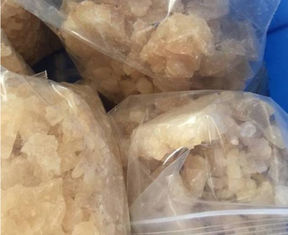
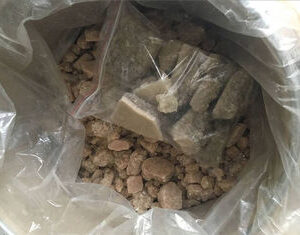
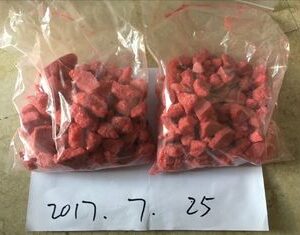
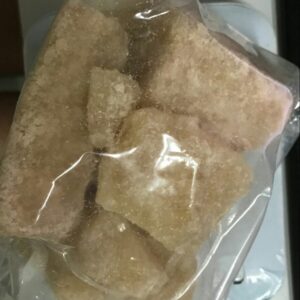
Be the first to review “Buy Big Crystal Research Chemicals Methylone Ethylone”